Empires Come and Go: British Empire Part I
Empires come and go but never last forever. There is a simple reason for this. People do not like to be dominated by another country with an alien culture. They prefer to have a say in how they are governed rather than have government imposed on them from a seat of power thousands of miles away. Thus they rebel. They always have and always will, sometimes overtly, sometimes covertly, even with inferior weapons. Take as an example the brave Zulu warriors who sought to protect Zululand (a large area of modern South Africa) against the British. They suffered heavy casualties fighting with spears against guns. Still they came forward until they were eventually defeated by advanced technology.
Domination is what imperialism is all about: domination to secure natural resources and mineral wealth for the conquerors and the companies that support them. Imperialism disregards human beings, unless they protest, in which case something might be done to keep the natives happy. Otherwise imperialists shoot them or enslave them. Nothing changes. Britain in fact used to refer to its vassal states in such subservient terms as “The Dominion of Canada” and “The Empire of India”. Overall the British Empire was terminologically couched in the more acceptable description of “The Commonwealth” to ameliorate the message of its true intent of domination and protection of commercial interests.
Letting go of Britain’s glorious past did not come easy for diehard imperialists, an elite who had got fat and rich from the slave-plantations, mines and natural resources from foreign lands. Internationally, to borrow a domestic campaign phrase of Harold Macmillan, Britain had “never had it so good” as in the years before the First World War (1914-18), and those who believed unswervingly in colonization must have thought this exploitation of indigenous people, and the theft of their mineral wealth, would last forever. Nothing lasts forever. Hanging on to an empire in decay, that it was no longer viable to maintain, had become an economic burden to Britain. Already the country had been militarily and financially weakened by the First World War, and it was crippled by the Second. Thus it became impossible to rebuild the infrastructure at home and concentrate on interests abroad. Decolonization began after the Second World War (1939-45), and countries on which the Empire (as it was still called) relied for sustenance sought their own independence.
Likewise, France could no longer expect its colonies to remain faithful. Both France and “Great Britain”, as it still liked to think of itself, were no longer the imperial powers they had once been. Colonized countries came to realize that they could become independent and jumped at the opportunity.
Imperialism, it is argued, brought possible benefits to colonized countries in terms of infrastructure but the infrastructural developments were actually constructed to make life easier for ex-patriots abroad or as a convenience to trade, not for the natives: one such construct being the Suez canal. By the time of the crisis in 1956, which saw President Nasser of Egypt nationalize the Suez canal, there were prospects of another protracted war for the war-weary imperialists. The Suez canal was a major transport short-cut, but neither France nor Britain (with armed Israeli assistance) could any longer defend what they liked to think of as theirs, and the United Nations peacekeeping force helped to settle the crisis. This was in the early days of the United Nations when, trying to learn from the failures of the League of Nations, the UN was keen to intervene where perceived injustices needed settling.
Not long after this conflict the union flag and the tricolor virtually flew at half-mast over the death of their respective empires. Of course they tried to hang on. Quaint ceremonies like the celebration of British Empire Day (24 May) had schoolchildren of my generation waving paper flags on wooden sticks having been told by their headmasters in assembly how proud we should be of our empire. It was no coincidence that Queen Victoria’s birthday had been chosen to celebrate such an auspicious occasion. Had history been written as it ought to have been written, British Empire Day would have been depicted as a shameful recollection of rapine and pillage on a mass scale abroad. It only shows what can be expected from a country whose history books told us what a great man Sir Francis Drake was. Spanish history books told a different story and depicted him as a pirate. Imperialists write their own histories. They rarely agree.
Harold Macmillan’s famous “wind of change” speech to the South African parliament in 1960 revealed that the game was all but up. Over the years countries changed their names back to former names, or more acceptable names held before the great powers carved up Africa and other continents. Rhodesia was named after Cecil Rhodes, a fervent believer in stealing any country’s mineral wealth without compensation to the natives. He secured vast areas of what is now known as Zambia and Zimbabwe for the crown. Unsurprisingly, he was financed by the Rothschild banking family, a family which has financed so much misery and war in the world, including the more recent and current wars, that blood drips from every one-eyed dollar which passes through its accounts. After the fall of modern empires the Gold Coast became Ghana. Ceylon became Sri Lanka and other Asian and African countries colonized by the incongruously-named Great Powers reverted to more appropriate local names.
War is costly in human terms, and those are the most important terms to caring people, but war is also costly in financial terms, and those are the most important terms to bankers and governments, the elite one per cent who do not give a dime or a damn for the rest of us. This is an important observation when deciding where one stands individually. Are you with the bankers and brokers who award themselves massive bonuses for bringing down the financial system that then has to be propped up by small investors and taxpayers? Or are you one of the many who have had their lives turned upside down by mismanagement of such financial wheeler-dealers and institutions? Their only concern is how they can make more money whatever the cost in human misery.
The British Empire cannot be discussed without including the United States, because at one time North America was part of the British Empire. It was paying taxes to King George III until some wise men got together and agreed this was not right. While Benjamin Franklin, George Washington, Thomas Jefferson and the other founding fathers had a good case, when you have an empire that is making your life very comfortable, and the foreigners who are providing this comfort suddenly decide they no longer want to provide for it since payment does not benefit them in any way, what do you do? As all other imperialists do, George III dispatched his troops, and the American War of Independence began. It ended in 1782 with casualties on both sides asking what was the good of a King’s war to them. America was at last free from the imperial crown. The West Indies were not so lucky, since most of the cotton and sugar planters were British, with families in Liverpool and Kingston, Bristol and Bridgetown. The Atlantic slave trade would go on for decades, endorsed by parliament, with no care for human lives, just concern for how much profit could be made from the exploitation of man by man.
Editor’s Note: John Goss is an authority on eighteeenth century English novelist Robert Bage and a former senior author with AT&T. Photograph three by Okinawa Soba.
Related Articles


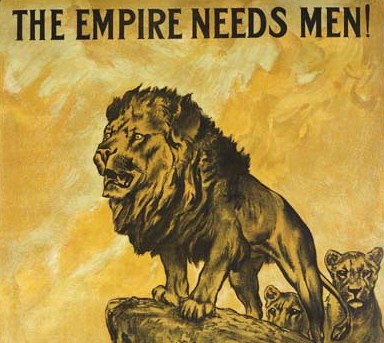
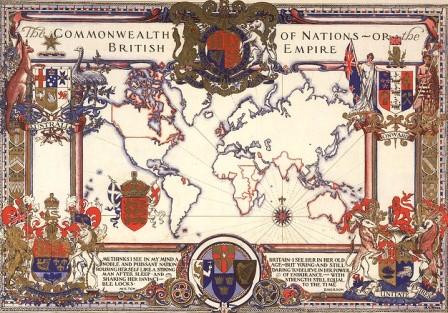
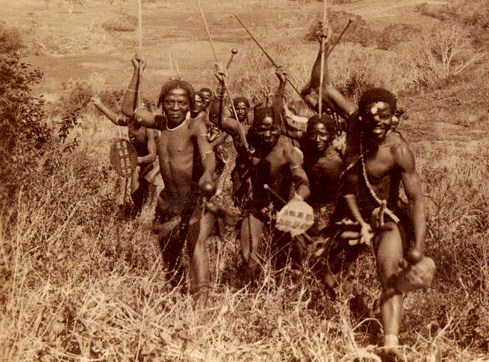
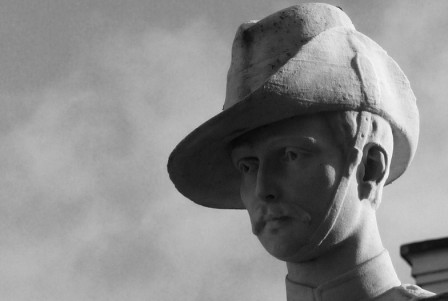
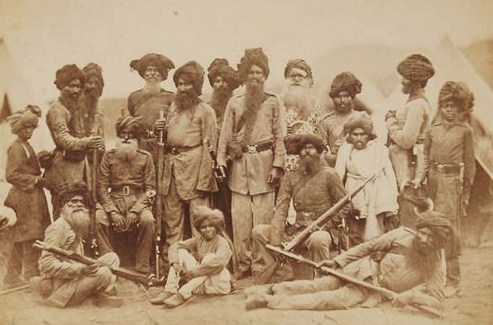
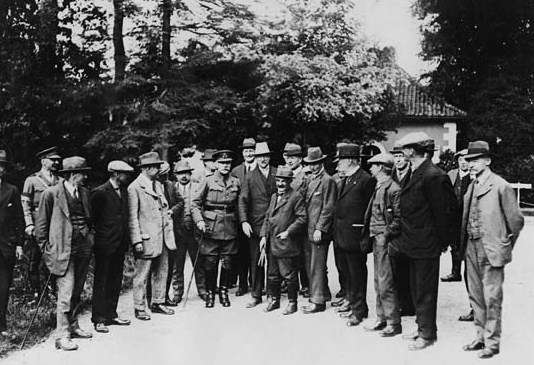
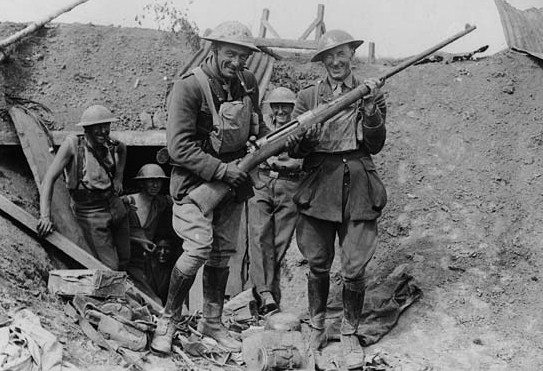











You must be logged in to post a comment Login